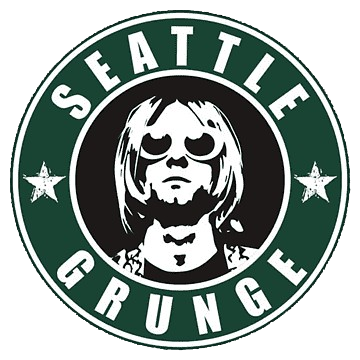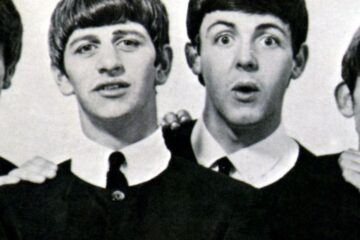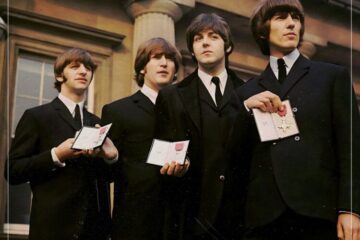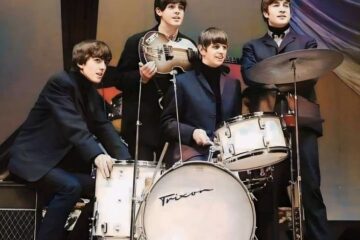If you ask any Beatles fan for their thoughts on the now-iconic final studio record, Abbey Road, you will scarcely hear a single word of criticism aimed in its direction. However, one of its creators, John Lennon, had other ideas about the album.
The LP, not specifically remembered as a Lennon record despite ‘Come Together’ being the opening track, saw George Harrison rise to the occasion and unequivocally steal the show with his songs ‘Here Comes The Sun’ and ‘Something’. In truth, ‘Come Together’ was an anomaly on the album and remained the only track that Lennon was immensely proud of on both sides of the record. The rest of the record he considered “junk”.
The second side to Abbey Road has an operatic element to it, a factor that John Lennon did not sign up to when he created the band all those years prior. The bespectacled Beatle felt creatively disenfranchised with the group at this point as the increased commercialisation of The Beatles’ sound began to take over.
In an interview with Rolling Stone shortly after their now infamous break-up, Lennon didn’t mince his words and let the world know of his true opinin on Abbey Road. “I liked the A-side,” he said without hesitation. “I never liked that sort of pop opera on the other side. I think it’s junk. It was just bits of song thrown together. And I can’t remember what some of it is.” Lennon would then state that “it had no life, really”.
Lennon would maintain his disdain for the record until his death and spoke again about why Abbey Road is not an album he considers part of his creative makeup. Some ten years after its release, in an interview with Playboy’s David Sheff, he doubled down on his critique: “Everybody praises the album so much,” Lennon said. “But none of the songs had anything to do with each other, no thread at all, only the fact that we stuck them together.”
George Martin would speak in The Beatles Anthology about how Lennon was challenging to work with during the recording of the album and, more specifically, how he was never on board for the project from the offset. However, the democratic nature of being in the band meant that he went along with the wishes of the other three members.
Lennon wanted the tracks to be a bit rougher around the edges with less impetus on medley and production, a viewpoint that would end up being the final straw for the founding member. Unlike the moment when Ringo Starr quit the band in ’68, or when George had quit earlier in ’69, Lennon was at the point of no return far earlier.




